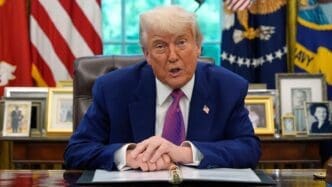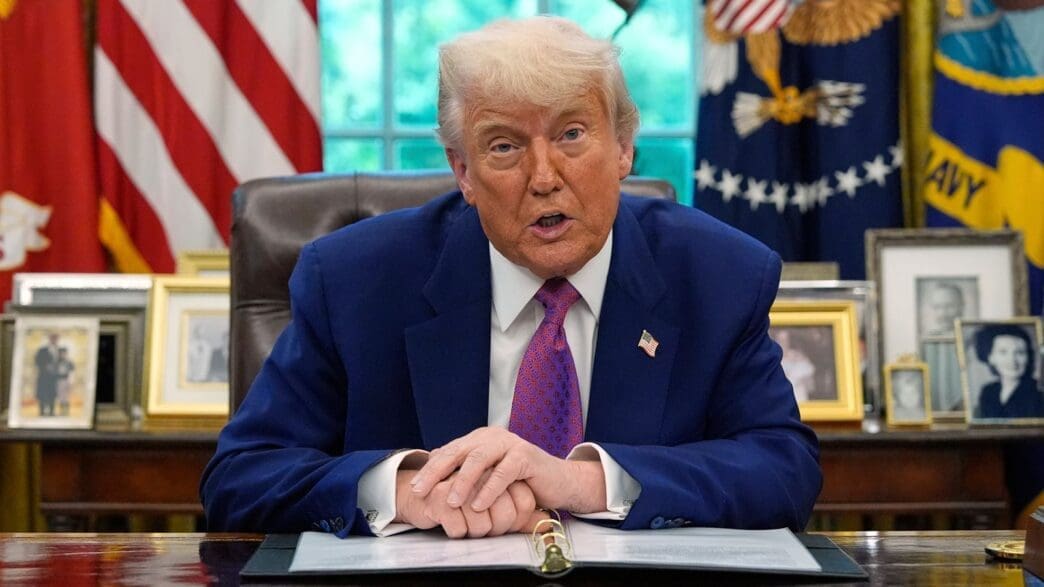Executive Summary
The Story So Far
Why This Matters
Who Thinks What?
President Donald Trump concluded a more than three-hour summit with Russian President Vladimir Putin in Alaska on Friday, with the two leaders announcing no peace deal for Ukraine. The highly anticipated meeting, held at Joint Base Elmendorf-Richardson, saw President Trump refer to Putin as a “friend,” signaling a potential shift in U.S. foreign policy, according to national security analysts. Trump is now set to meet with Ukrainian President Volodymyr Zelensky at the White House on Monday.
Summit Details and Diplomatic Fallout
The closed-door discussions, which included White House aides and long-term diplomats from Moscow, were described by President Trump as “extremely productive,” though few specific details were disclosed. Secretary of State Marco Rubio, who traveled to Alaska for the talks, is expected to discuss advancements made during the summit and future objectives for the administration in upcoming Sunday show appearances.
Rubio is slated to appear on ABC’s “This Week,” Fox News’ “Sunday Morning Futures,” and MSNBC’s “Meet the Press.” He is anticipated to address the necessity of security guarantees for finalizing ceasefire negotiations and may share updates on potential conditions for an agreement between Kyiv and Moscow.
Expert Analysis and Future Outlook
Special Envoy Steve Witkoff is also scheduled to discuss prominent developments for peace talks on CNN’s “State of the Union” and Fox News’ “Fox News Sunday,” following multiple meetings with Moscow’s leaders this year. Former national security adviser Jake Sullivan is expected to offer insights on a potential shift from the Biden administration’s approach to the conflict in Ukraine during his appearances on ABC’s “This Week” and Fox News’ “Fox News Sunday.”
Fiona Hill, who served as senior director for European and Russian affairs on the National Security Council during Trump’s first term, will appear on CBS’s “Face the Nation.” She is expected to compare President Trump’s efforts to end the war with previous attempts following Russia’s invasions in 2014 and 2022. Hill may also discuss the potential success of Putin’s territorial aims and President Trump’s decision against secondary sanctions on Russia’s trading partners amid bipartisan pressure from Congress.
Domestic Developments in Washington D.C.
Domestically, the Trump administration has intensified its presence in Washington, D.C., with hundreds of National Guardsmen deployed on Monday, followed by additional soldiers from West Virginia on Saturday. The White House has also directed officers with the Metropolitan Police Department to assist in local immigration enforcement and crime reduction efforts, particularly targeting violent youth crime.
This move has drawn criticism from Democratic lawmakers, including Sen. Chris Van Hollen (D-Md.), who have condemned President Trump’s emergency order placing the capital under federal control.
As diplomatic efforts continue regarding the conflict in Ukraine, the Trump administration simultaneously faces scrutiny over its intensified federal presence in the nation’s capital.














